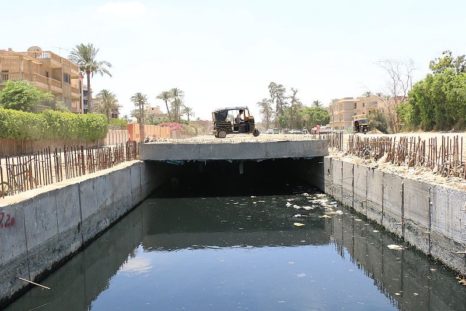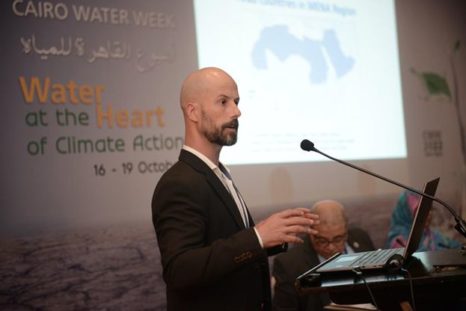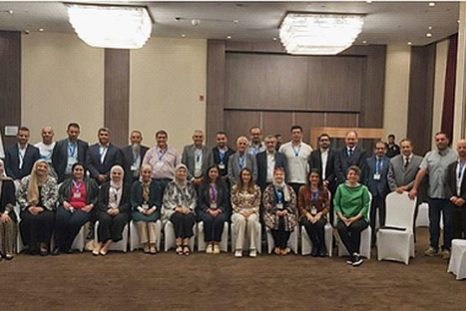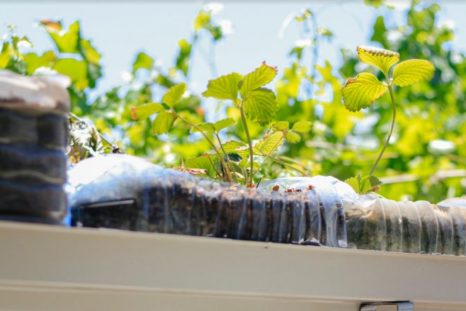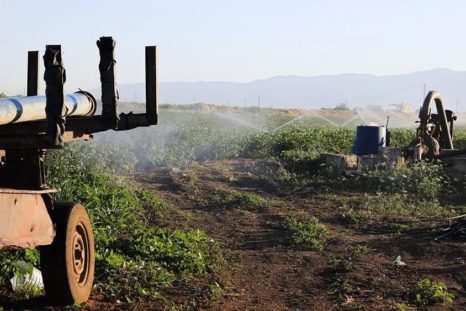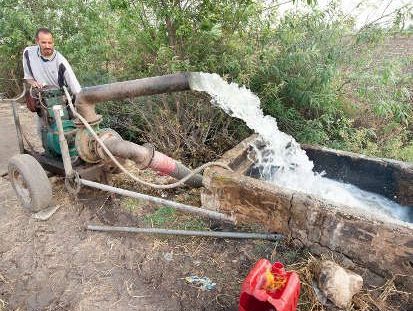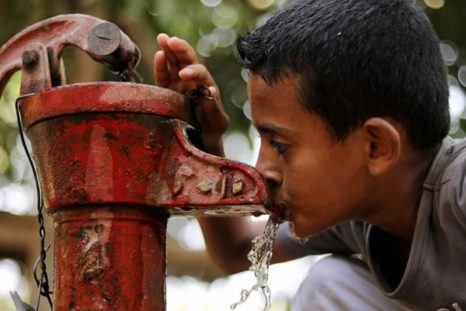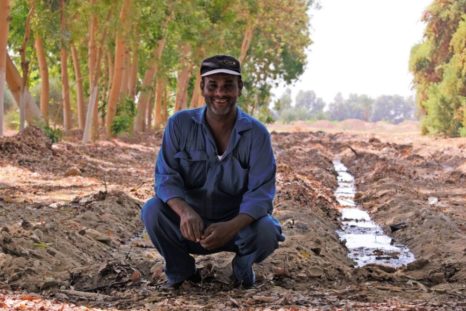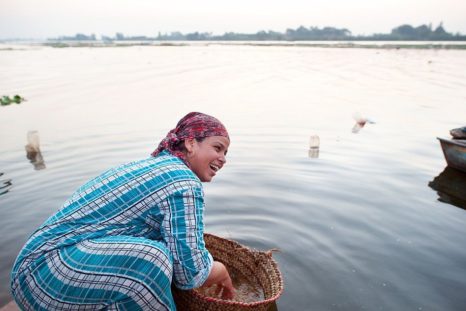Pages
November 8, 2022When ReWater MENA was launched at Cairo Water Week in Egypt in 2018, it marked the start of an ambitious four-year project to expand the safe reuse of water in the Middle East and North Africa (MENA). Like many parts of the world, the MENA region does not have enough water to meet rising demand.
October 28, 2022IWMI has strong track records on water reuse, including those from the ReWater MENA project. As a recognition to IWMI’s work, Javier Mateo-Sagasta, Senior researcher and project leader of ReWaterMENA, was invited to provide policy recommendations for more and safer water reuse in the Arab Region at the Fourth meeting of the High-Level joint Water-Agriculture Technical Committee of the League of Arab States (LOAS).
October 25, 2022The ReWater MENA project, a project funded by the Swedish International Development Cooperation Agency (Sida) and led by the International Water Management Institute (IWMI), reached its end after four intense years of collaborative research between different partners.
October 25, 2022Increasing water shortages in Lebanon has made informal water reuse become a common practice. In the dry summer months, reusing treated (or untreated) wastewater has helped farmers compensate for their irrigation needs and alleviate pressure on freshwater.
October 14, 2022Water is part of every step in the food value chain, from food production to processing and consumption. A dependency that is hampering food security in a water scarce region such as the Middle East and North Africa (MENA).
October 14, 2022Water is part of every step in the food value chain, from food production to processing and consumption. This dependency is hampering food security in the Middle East and North Africa (MENA).
October 14, 2022Comprising 11 of the 17 most water-stressed countries in the world, the Middle East and North Africa (MENA) region is considered the most water-scarce region in the world, according to UNICEF.
September 23, 2022Recycling water could supplement, or substitute water needs in sectors suffering from water shortage, reduce groundwater pumping and alleviate the use of freshwater in the agricultural sector, researchers of the "Water reuse in Middle East and North Africa: A sourcebook” have reported.
September 19, 2022Only 4% of Egypt’s arid landscape is cultivable. Irrigating this land mass requires a disproportionate 86% consumption of the country’s total available fresh water (FAO, 2016). Irrigation efficiency in the country’s water resources management was necessitated by the introduction of cotton by the colonial British administration, which was a turning point in the country’s agrarian political economy.
September 19, 2022
November 8, 2022
When ReWater MENA was launched at Cairo Water Week in Egypt in 2018, it marked the start of an ambitious four-year project to expand the safe reuse of water in the Middle East and North Africa (MENA). Like many parts of the world, the MENA region does not have enough water to meet rising demand.
October 28, 2022
IWMI has strong track records on water reuse, including those from the ReWater MENA project. As a recognition to IWMI’s work, Javier Mateo-Sagasta, Senior researcher and project leader of ReWaterMENA, was invited to provide policy recommendations for more and safer water reuse in the Arab Region at the Fourth meeting of the High-Level joint Water-Agriculture Technical Committee of the League of Arab States (LOAS).
October 25, 2022
The ReWater MENA project, a project funded by the Swedish International Development Cooperation Agency (Sida) and led by the International Water Management Institute (IWMI), reached its end after four intense years of collaborative research between different partners.
October 25, 2022
Increasing water shortages in Lebanon has made informal water reuse become a common practice. In the dry summer months, reusing treated (or untreated) wastewater has helped farmers compensate for their irrigation needs and alleviate pressure on freshwater.
October 14, 2022
Water is part of every step in the food value chain, from food production to processing and consumption. A dependency that is hampering food security in a water scarce region such as the Middle East and North Africa (MENA).
October 14, 2022
Water is part of every step in the food value chain, from food production to processing and consumption. This dependency is hampering food security in the Middle East and North Africa (MENA).
October 14, 2022
Comprising 11 of the 17 most water-stressed countries in the world, the Middle East and North Africa (MENA) region is considered the most water-scarce region in the world, according to UNICEF.
September 23, 2022
Recycling water could supplement, or substitute water needs in sectors suffering from water shortage, reduce groundwater pumping and alleviate the use of freshwater in the agricultural sector, researchers of the "Water reuse in Middle East and North Africa: A sourcebook” have reported.
September 19, 2022
Only 4% of Egypt’s arid landscape is cultivable. Irrigating this land mass requires a disproportionate 86% consumption of the country’s total available fresh water (FAO, 2016). Irrigation efficiency in the country’s water resources management was necessitated by the introduction of cotton by the colonial British administration, which was a turning point in the country’s agrarian political economy.
September 19, 2022

